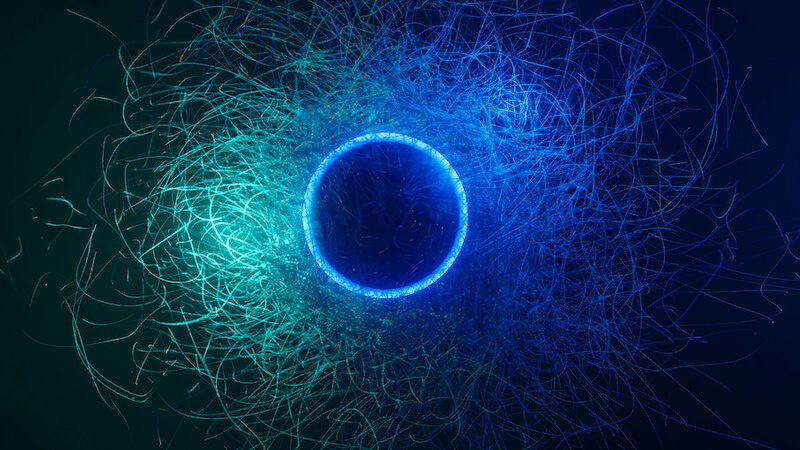
The need for computing power is likely to continue to increase in the coming years. However, to meet this demand, so-called supercomputers are needed. But how do quantum computers actually work?
Quantum computers work completely differently than conventional computers. While the latter are based on so-called bits, which take on the value 0 or 1, quantum computers work with so-called “qubits”. These qubits can not only take on the state 0 or 1, but also both states at the same time. This works thanks to a phenomenon in quantum mechanics known as “superposition”.
This allows quantum computers to perform many calculations simultaneously. In theory, this makes them much more powerful than classical computers. This applies primarily to complex tasks that require a lot of computing power.
How do quantum computers work?
In a classical computer, logic circuits perform every calculation based on switching transistors on and off. Quantum computers, however, take advantage of the special properties of qubits. These are not only in a state of 0 or 1, but in a superposition of both states. This ability of qubits to have multiple states at the same time allows quantum computers to perform many calculations in parallel.
An example: finding the way out of a maze. A classical computer would try each path individually until it found the right solution. The quantum computer, on the other hand, could consider all paths simultaneously and thus reach the solution much faster.
The concept of quantum mechanics
Another important concept in quantum mechanics that gives quantum computers their enormous computing power is “entanglement.” When qubits are entangled, they remain connected even when they are spatially separated.
If the state of one qubit changes, the state of the other changes immediately as well – regardless of the distance. This entanglement allows quantum computers to process exponentially more information the more qubits they have.
When two qubits are entangled, they can store four possible states. With 20 entangled qubits, over a million possible states can be stored. This gives quantum computers the potential to handle enormously large and complex tasks.
Quantum computers are still an experimental technology
Despite their potential, quantum computers face major challenges. One of the biggest problems is “decoherence”. Since the states of qubits are very sensitive, they can easily be disturbed by external influences, leading to calculation errors.
Researchers are working on various error correction methods to minimize these disturbances and increase the reliability of quantum computers. Another problem is that it is currently very difficult to scale quantum computers. To exploit the full potential, it is important to find ways to build systems with thousands or millions of qubits without making them too sensitive to external influences.
Quantum computers are still largely an experimental technology. They could one day solve problems that are insoluble for classical computers, such as the rapid factorization of large numbers that is crucial to modern cryptography. However, the technology is still in its early stages and it will likely be several years before quantum computers are fully deployed.
Also interesting:
Source: https://www.basicthinking.de/blog/2024/09/21/wie-funktionieren-quantencomputer/


